+VIDEO Rolls-Royce has revealed its new all-electric aircraft at Gloucestershire Airport.
The aircraft is part of a Rolls-Royce initiative called ACCEL – short for “Accelerating the Electrification of Flight” and is a key part of Rolls-Royce’s strategy to champion electrification.
Rolls-Royce says it is about to begin integrating the electrical propulsion system to enable the aircraft to make a run for the record books with a target speed of 300mph+ in late Spring 2020.
Rob Watson, director of Rolls-Royce Electrical said, “Building the world’s fastest all-electric aircraft is nothing less than a revolutionary step change in aviation and we are delighted to unveil the ACCEL project plane.
“This is not only an important step towards the world-record attempt but will also help to develop Rolls-Royce’s capabilities and ensure that we are at the forefront of developing technology that can play a fundamental role in enabling the transition to a low carbon global economy.”
The ionBird test airframe, named after the electrical technology propelling the aircraft, was also unveiled. The ionBird will be used to test the propulsion system before it is fully integrated into the plane. Planned tests over the next couple of months include running the propulsion system up to full power as well as key airworthiness checks.
ACCEL will have the most power-dense battery pack ever assembled for an aircraft, providing enough energy to fuel 250 homes or fly 200 miles (London to Paris) on a single charge.
Its 6,000 cells are packaged to minimise weight and maximise thermal protection. An advanced cooling system ensures optimum performance by directly cooling cells during the high-power record runs.
The propeller is driven by three high power density axial electric motors and compared to a conventional plane, the propeller blades spin at a far lower rpm to deliver a more stable and quieter ride.
Combined they’ll continuously deliver more than 500 horsepower for the record run. Even during the record run the all-electric powertrain delivers power with 90% energy efficiency.
The project involves a host of partners including electric motor and controller manufacturer YASA and the aviation start-up Electroflight. Half of the project’s funding is provided by the Aerospace Technology Institute (ATI), in partnership with the Department for Business, Energy & Industrial Strategy and Innovate UK.


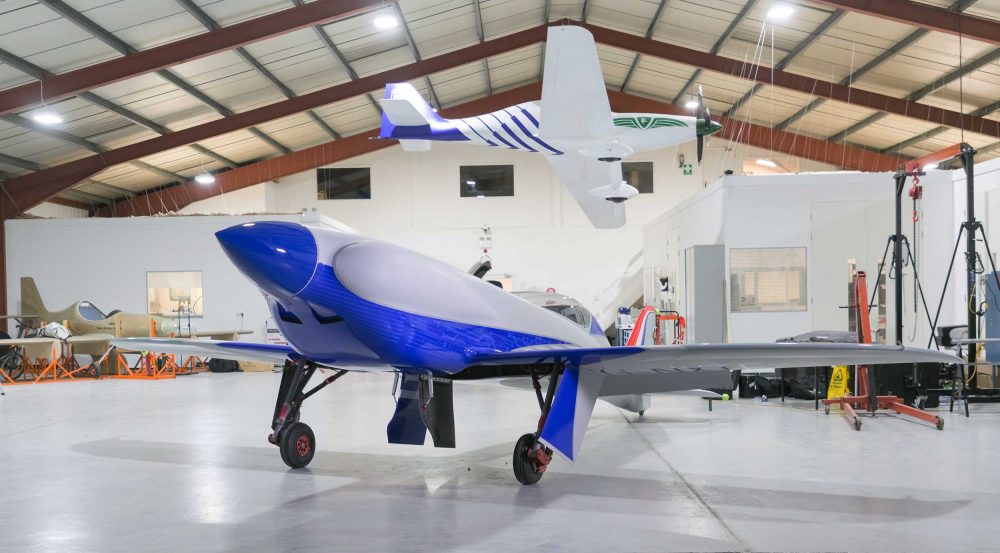

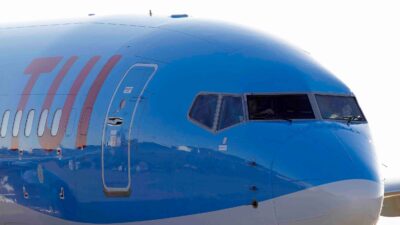
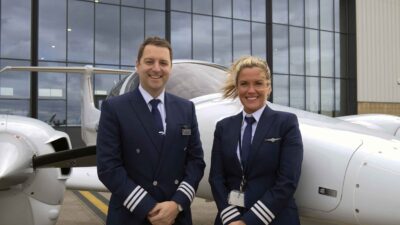
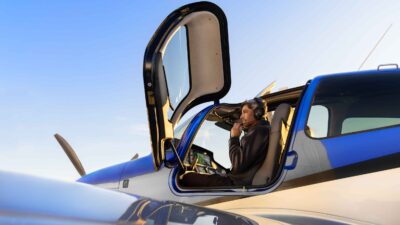
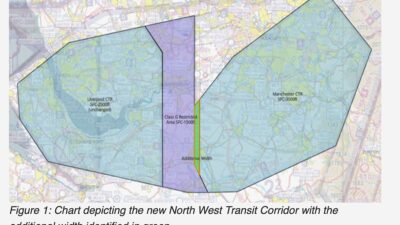
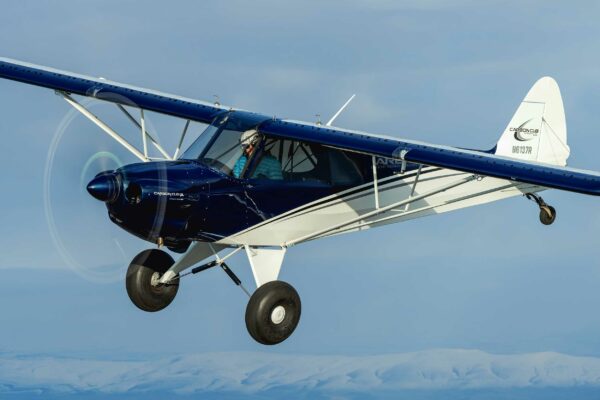
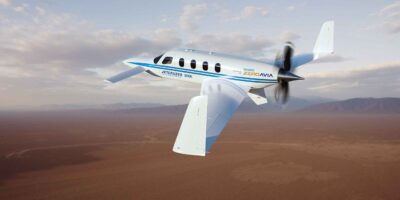

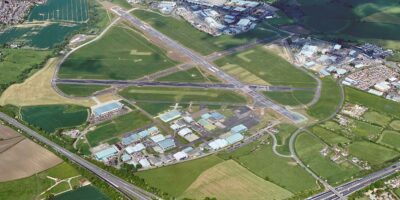

1 comment
I wish all concerned the greatest success with the project.
It would now be Fantastic to see the UK post Brexit trying to establish a genuine world lead in the field of electric propulsion and a truly commercial application. A regional airliner anyone? We have the engineering nouse. Let’s see it flourish.